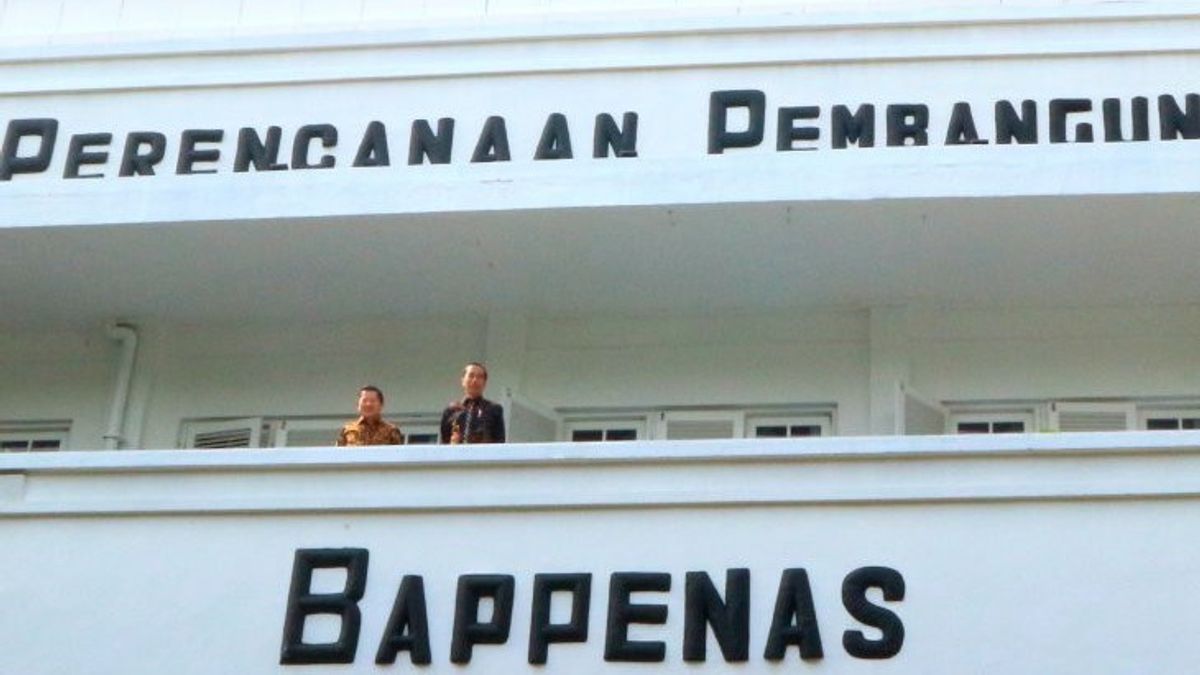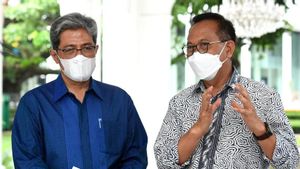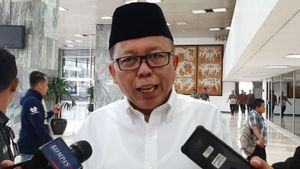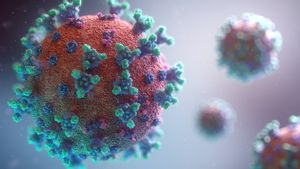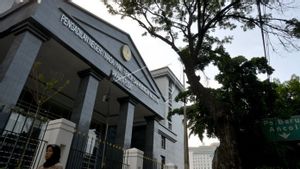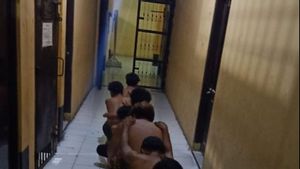JAKARTA - Director of Family, Women, Children, Youth and Sports, Ministry of National Development Planning/Bappenas Woro Srihastuti Sulistyaningrum said the G20 Presidency needs to think about the development of a city system that is responsive and child-friendly.
“We have to build or strengthen the system. A child protection system that can be responsive to the various characteristics of the child's territory, to ensure that children can enjoy their rights," said Woro in the G20 Webinar "A common Framework: Towards Child-Friendly Cities Amid the COVID-19 Pandemic, Climate Crisis, and Rising Structural Inequalities" which was followed online in Jakarta, Monday, March 21.
Woro said that in improving quality and competitive human resources, the state must be able to ensure that children grow and develop optimally, are protected and their rights are fulfilled.
In order to ensure that children get protection and their rights are fulfilled, the state needs to build or strengthen a system that is responsive, friendly, and can be run from the central to the village level to realize a child-friendly Indonesia.
VOIR éGALEMENT:
“This is for sure starting from strengthening regulations, increasing understanding, and improving institutions. It is also important to strengthen networks and coordinate sector synergies. This synergy between parties, or funding, is one of our strategies," he said.
The system that will be built, said Woro, also needs to think about ways that can improve access and quality of services in all aspects involving children, so that children can participate in development that is adjusted to their level of maturity.
In that case, said Woro, one of the efforts made by the government is to create a Child-Friendly Regency/City (KLA) program initiated by the Ministry of Women's Empowerment and Child Protection (KemenPPPA).
Where there are already 275 of the 514 regencies/cities that have become KLAs. Through Child-Friendly District (KLA), it is hoped that local governments can be encouraged to commit to pursuing various programs that can support the fulfillment of the rights of every child.
“KLA must be able to capture the signals of children's needs in the regions, so that they can provide appropriate interventions for children according to their characteristics and needs. So the system to be able to fulfill children's rights and protect them can also be seen from there," he said.
Woro also said that the government must be able to understand that every problem with children in cities and villages has differences that must be resolved through strengthening between ministries, institutions, and community leaders to the lowest point.
So, he said, the system that will be built can hear every child's problems from various aspects, and children can be protected through strengthening sub-systems in government or policies that will be made in the future.
"To be able to create a child-friendly environment, a collaboration between the government and non-government is certainly an important thing in ensuring the success of child protection development," said Woro.
The English, Chinese, Japanese, Arabic, and French versions are automatically generated by the AI. So there may still be inaccuracies in translating, please always see Indonesian as our main language. (system supported by DigitalSiber.id)
